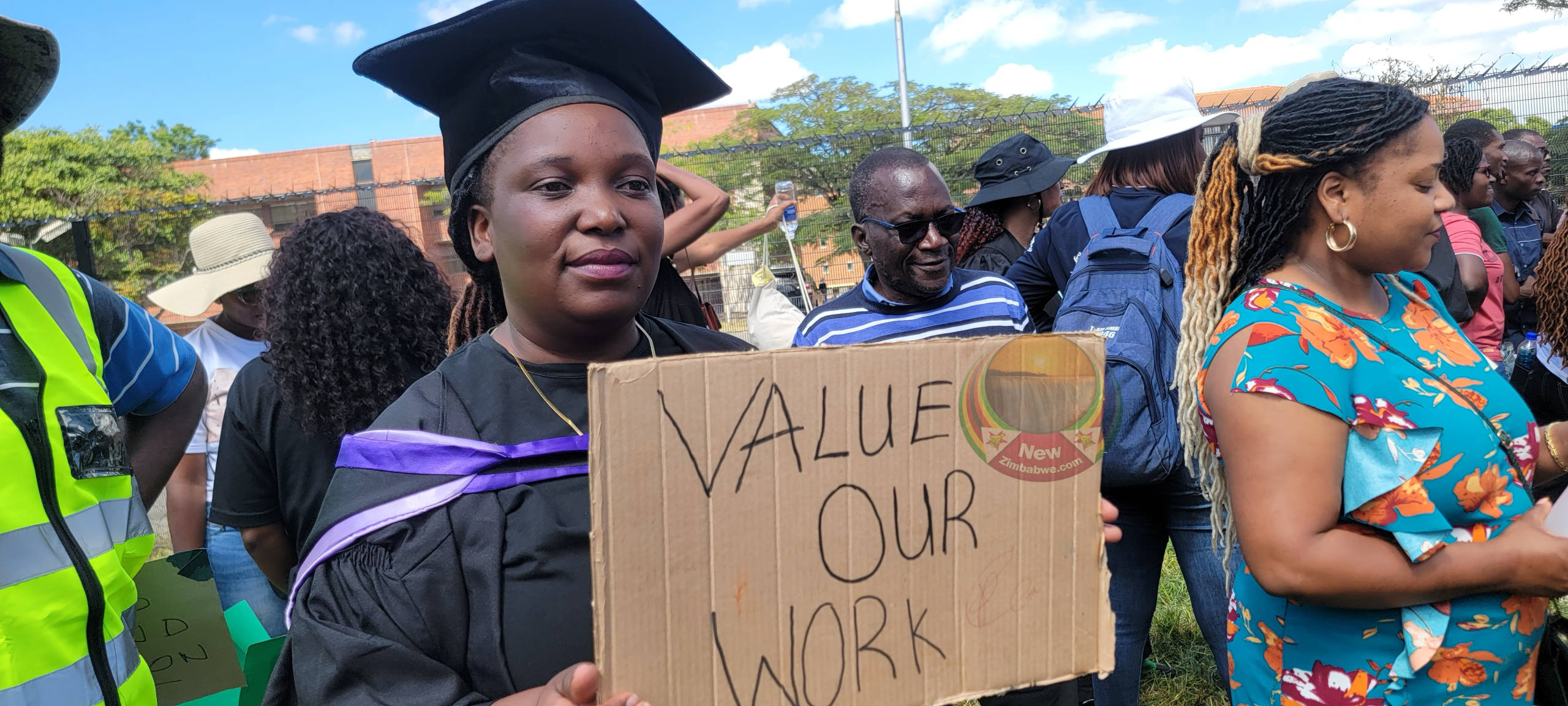The Community Working Group on Health (CWGH) has drilled 13 inline chlorinated boreholes, worth $6 721 in Harare’s Hatcliffe high-density suburb to curb the spread of typhoid that hit the area early this year.
BY MUNESU NYAKUDYA
Local councillor Naboth Manyengera told residents last week that they decided to apply the chlorine into the boreholes after residents abused the chlorine sachets they had received from CWGH.
“I am very excited with the initiative because we have a very big problem in this area. We distributed chlorine in homes so that people can treat their water, but they decided to use it for washing,” he said.
“There was also a great risk whereby people would forget to treat the water, but from now on, we know that the water will be treated as it comes out and these pills will not be misused.”
Speaking at the same event, CWGH executive Ngoni Chigwana expressed concern over the continued outbreaks of waterborne diseases such as typhoid and cholera, adding that it was inhuman for the Harare City Council to commercialise water.
Keep Reading
- Chamisa under fire over US$120K donation
- Mavhunga puts DeMbare into Chibuku quarterfinals
- Pension funds bet on Cabora Bassa oilfields
- Councils defy govt fire tender directive
“We also condemn all forms of commercialisation of water and we urge the government to stand guided by the Constitution which rightfully states that access to potable water is a fundamental human right,” he said.
Over 4 000 people died of cholera in 2008 and since then, many cities have continued to struggle with bouts of tropical disease outbreaks.





